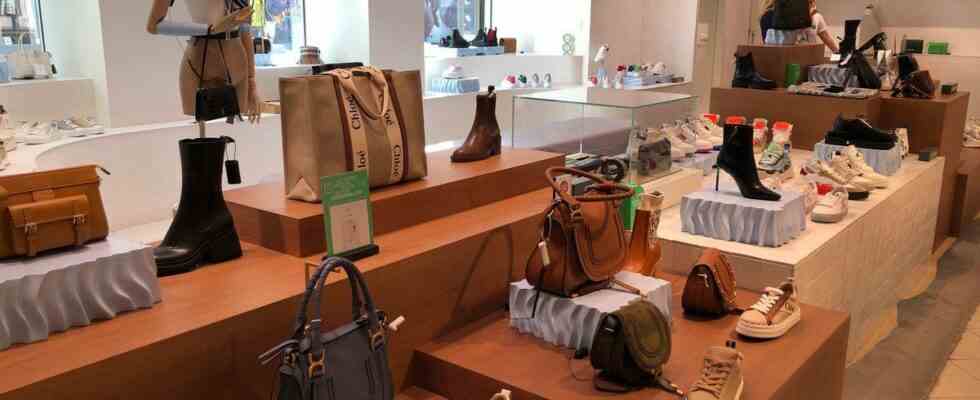With the approach of winter, during which electricity bills could be multiplied by at least two, several merchants in Lyon have pledged to make more efforts to reduce their energy consumption. This Wednesday, several of them signed a “charter of sobriety”. This is one of the 18 measures enacted by the city, which has set itself the challenge of reducing its energy consumption by 10% in one year. The opportunity to lead by example and encourage others to do the same.
Through this approach, the volunteers undertake to respect “five simple and effective gestures”: turning off their neon signs from 8 p.m., giving up installing digital panels, being vigilant about the ambient temperature so as not to turn on the heating or air conditioning when it is not necessary, close the doors of their shops to avoid energy losses and adopt these five measures in a “sustainable” way.
“Beyond beliefs, it is a necessity”
“Beyond beliefs, going through this is a necessity. The context brings us there, ”says Jean Borges, the director of Printemps located rue de la République. The sign, already engaged in a sobriety program, now wants to go a little further.
“Efforts are scary, before you make them. In reality, they are not very restrictive, ”he admits. In winter, the heating is not activated in the aisles of his store until the temperature drops below 19°C. The air conditioning is only triggered if the mercury exceeds 27°C. Hours have also changed. “We have been opening from 10 a.m. to 7 p.m. for a year now, instead of 9:30 a.m. to 7:30 p.m. Customers aren’t complaining about it,” says the director, adding that tests are underway to reduce lighting by 30% during the day.
“For example, the neon lights located above the counters and illuminating the ceilings are cut, he shows during a demonstration phase. But we will have to check that this does not interfere with the comfort of the staff”. And measure whether this solution can have an impact on sales.
Faced with the energy crisis, few traders are reluctant to adapt, to tell the truth. But not everyone has simultaneously adopted the five recommended actions. “Not everyone will commit to signing the charter”, confirms Fabrice Iochem, representative of the Lyon7-Rive Gauche collective, bringing together 1,600 commercial ground floors, mainly “independents”.
Good practices but insufficient savings
“Most are already complying with these measures. Not many of them want to light up their window until 1 am to be seen. The issue of energy consumption has been a concern for them for a long time, he continues. For some, it is even a matter of survival of their economic activity. But their problem is not the same as stores belonging to chains that have the power to pool costs. For all matters relating to investments, they need support. »
As to whether these good practices will significantly reduce the amount of invoices, the answer is negative. “The savings made will be insufficient, they will not make it possible to compensate for the rise in energy prices”, indicates Jean Borges bluntly. And to conclude: “Traders, remember, do not benefit from the tariff shield. It is therefore a necessity to reduce our consumption at all costs”.

